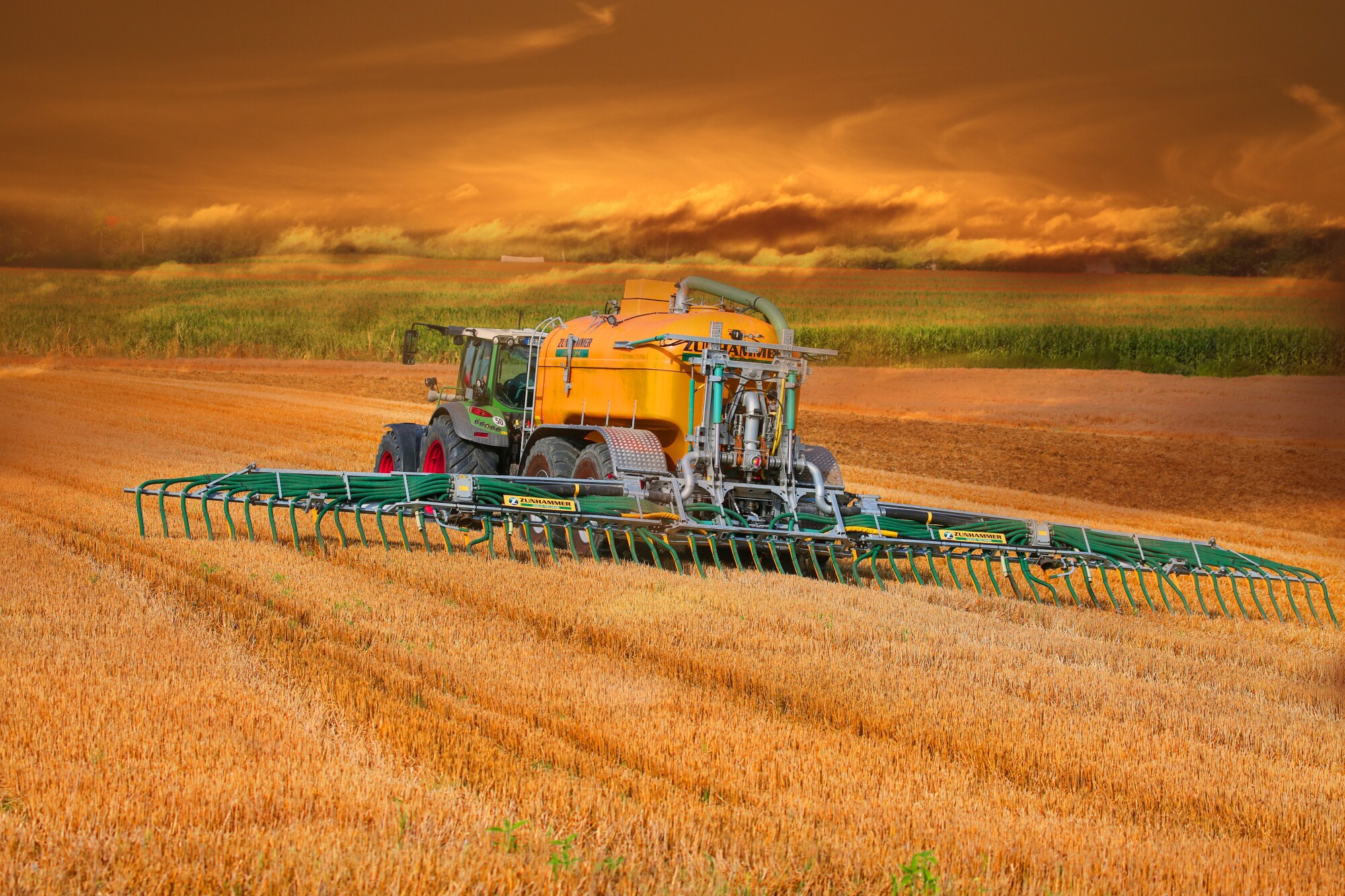
Homeowners spend over 125 million dollars per year on lawn care and maintenance. Having a plush lawn evokes feelings of pride, but you’ll need assistance in maintaining it. Investing in lawn fertilization helps your lawn stay looking its best year-round.
A few of the benefits of fertilizer are faster growth, fewer weeds, and disease resistance. It reduces pest infestations and sets up your grass for a healthy growth cycle in the spring.
Our guide explains the different types of fertilizers. Learn how to choose a fertilizer suited to your lawn needs. Keep reading to find out more!
Types of Fertilizers
There are two different types of fertilizers most lawn owners use. It may take some trial and error to find out which you, and your lawn, prefer.
The majority of lawn fertilization should take place in the growing months which are spring and fall. However, fertilizing your lawn throughout the course of the entire year provides lasting benefits.
Most fertilizers come in a liquid or a granular form. Once you decide on one of those you’ll want to choose either a synthetic or organic variation.
1. Liquid
Lawn fertilizers are compromised of Nitrogen, Phosphorous, and Potassium. Depending on the strength of your fertilizer, the percentages will vary.
Many people choose liquid fertilizer because of its immediate benefits. The liquid feeds the grass leaves themselves as it seeps deep down into the root of the grass.
Unlike granular fertilizer, you do not have to water in liquid fertilizer. This is a convenience for many people, especially if you are a novice.
2. Granular
Granular fertilizer has the same three main nutrients mentioned above. As with synthetic, it also contains micronutrients and additives. The difference is in its structure, coming in pellet form.
You will need to use a tool called a spreader to help you distribute the fertilizer across your lawn. The granular fertilizer goes into the bucket of the spreader and you easily walk around your lawn spreading the granules.
You can do this by hand, but it’s much more time-consuming and a little less precise.
Once the granular fertilizer is spread, you need to adequately water it into your lawn to ensure it does what it’s supposed to do.
3. Synthetic
Synthetic fertilizers have inorganic materials like gas and man-made components. People choose synthetic fertilizers for a variety of reasons. The most common reasons are it is less expensive than organic and it is faster acting.
If your yard is in distress and you need quick results, synthetic fertilizer can be a good choice.
4. Organic
Organic fertilizers have similar nutrients as synthetic, but the ingredients are organic. Organic fertilizers utilize natural resources like alfalfa, manure, and even composted food.
Organic fertilizer is slower acting compared to synthetic. However, over time the results of organic are comparable and maybe even better than synthetic.
Lawn Fertilization Services
Understanding the types of fertilizers to use on your lawn can be daunting, but our experts are here to help!
With almost 40 years of experience, the team at Granulawn, Inc. helps you take the best care of your lawn. Weed control, disease treatment, and plant care are just a few of the services Granulawn, Inc. provides.
Contact the team today to set up an appointment for all your lawn care needs!